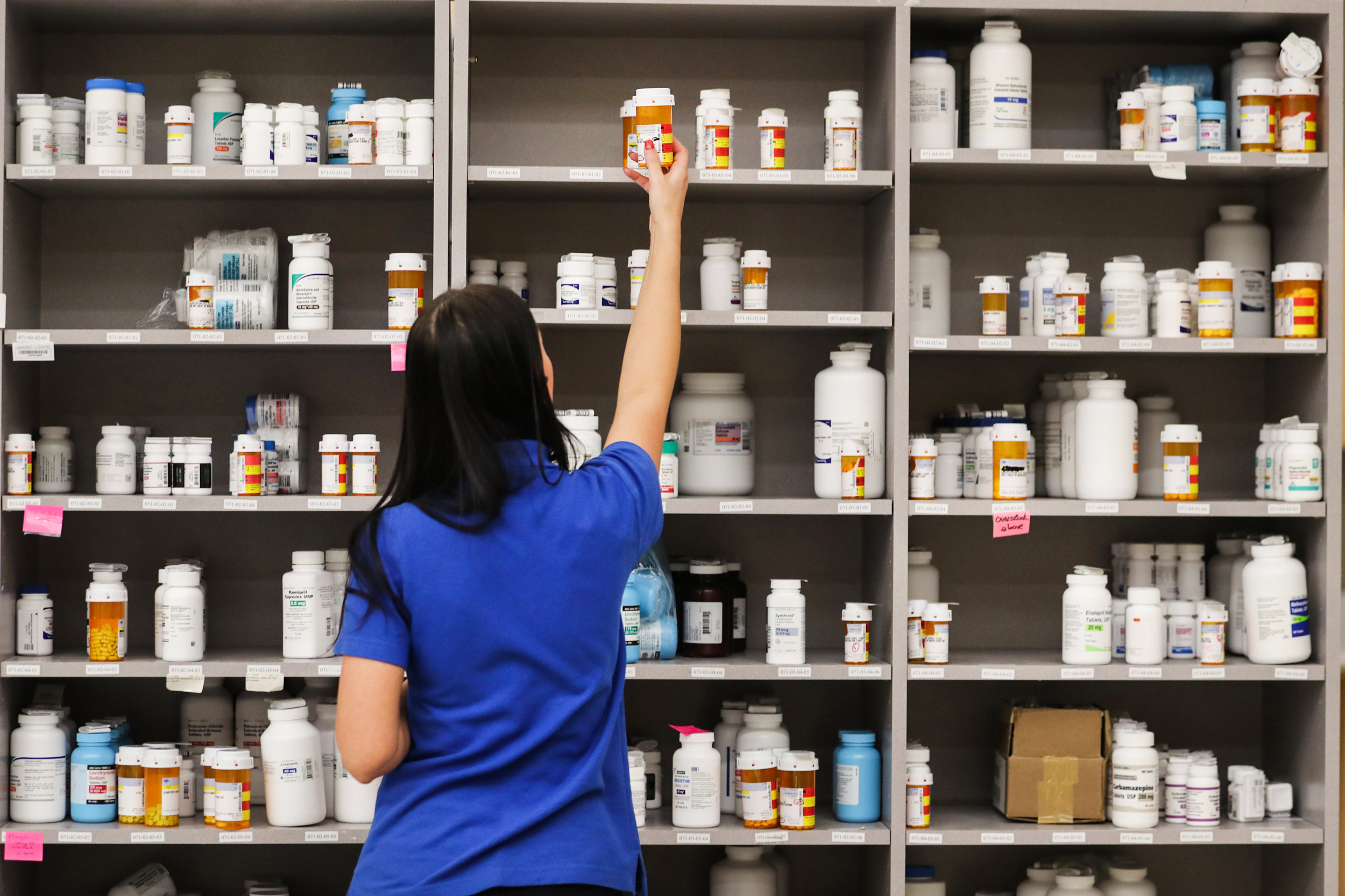The Changing Roles of Pharmacies in the American Healthcare System
The role of the pharmacist in the healthcare industry has been expanding over the past decade, from simple medication fulfilment to crucial patient aftercare, education, and administering vaccinations. Let’s take a look at the 5 biggest ways pharmacists and pharmacies are contributing to the changing healthcare ecosystem.
Quality Improvement
Quality Improvement at its core is the systematic actions of an organization that lead to improvement in services and health to a group of individuals. It’s a growing focus for all healthcare leaders — and pharmacists are playing a key role in the improving outcomes. The “newly” expanded role of the pharmacist puts communication and patient satisfaction at the forefront of the industry. This is key to helping to reduce medication error and patient problems. According to a fairly recent study: “Pharmacist-provided medication reconciliation can help reduce medication discrepancies and may be an important component of improving transitions of care moving forward.”
Cost Reduction
Cost is a giant looming cloud on many healthcare organization’s horizons. Tied deeply to readmission rates, which we will discuss later, cost reduction has become crucial to healthcare systems’ survival. How does a pharmacy help to reduce costs? One way is medication management. By helping patients adhere to strict routines, tracking mediation processes, eliminating and monitoring error the pharmacist is in turn helping to lower a healthcare systems cost. According to several experts: “greater adherence to medications can lead to a reduction in emergency room visits and hospital admissions, thereby lowering health care costs for a variety of chronic conditions including diabetes and asthma.”

Re-admission Rates
The Affordable Care Act has put some strict deadlines on 30-day readmission rates, in the form of financial penalties. As many healthcare systems panic, what they don’t realize is that coordinating with pharmacists may be a saving grace. The American Pharmacist Association predicts with the new focus on re-admissions rates, medication therapy assessment and medication reconciliation by pharmacists will play a crucial role in helping hospital avoid penalties. According to their findings “The investigators reported that patients who received medication therapy assessment and reconciliation had decreased readmission rates at 7, 14, and 30 days post discharge. Financial savings for Group Health per 100 patients who received medication reconciliation were an estimated $35,000, translating to more than $1,500,000 in savings annually.”
Public Health
Many pharmacies, like Bellamar Pharmacy, are now implementing a variety of programs that were once rare in the pharmacy world. Screening tests, wellness programs, vaccinations, clinics and on-site educational educational programs have become increasing popular. This crucial shift in the role of the pharmacist, from bystander to active healthcare provider, is already helping reduce public health barriers. People now considering the pharmacy a point of care, a place where they can receive advice and often mild treatment. The pharmacist also plays a critical role in rural health and we expect independent and locally owned pharmacies in rural areas will start to play a huge role in improving public health over the next few years.
Provider Status
It’s rumored that healthcare provider status is on the horizon for pharmacists. According the American Pharmacist Association, “For patients to achieve the full benefit of their medications, pharmacists must be part of the health care team.” The APA also reports that “studies and practice-based experience have shown that when pharmacists are involved as members of the health care team, patient outcomes improve, patients report higher rates of satisfaction, and overall health care costs are reduced. But without the proper provider status recognition and payment models in place, patients and health care providers are often blocked from accessing the benefits achievable through pharmacists’ services.”



